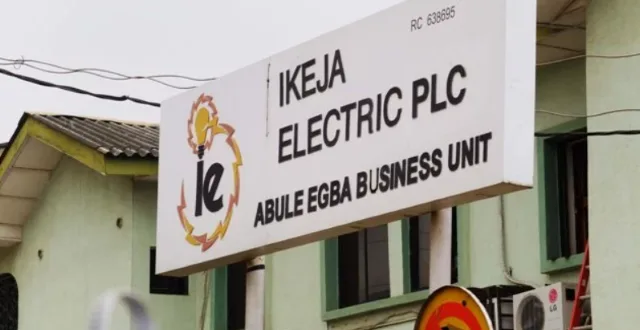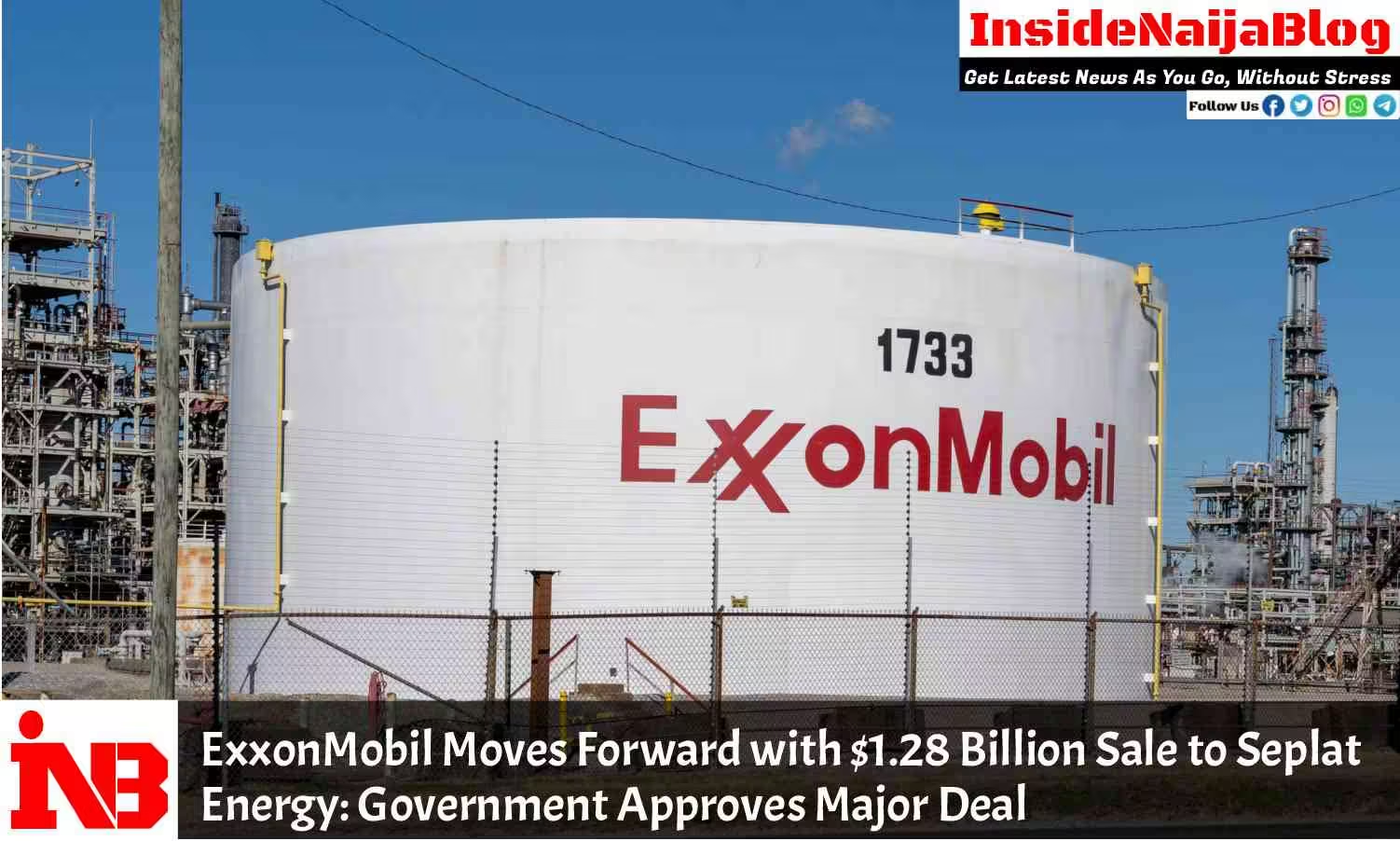In a heated development within Nigeria’s oil sector, domestic crude oil refiners, along with officials from the Dangote Petroleum Refinery, have voiced strong opposition to the impending importation of Premium Motor Spirit (PMS), commonly known as petrol, by major oil marketers. This backlash comes amid concerns over fuel quality and the implications for the local market.
Sources at the $20 billion Dangote refinery, located in Lekki, assert that the imported fuels are inferior compared to those produced locally. This claim reflects a broader apprehension about the quality of products being brought into the country, particularly as three major oil marketers prepare to receive vessels of imported petrol this week.
According to reports, approximately 141 million liters of PMS are en route to Nigeria following the recent deregulation of the downstream oil sector by the Federal Government. The marketers have noted that the recent surge in pump prices for petrol, which is distributed by the Nigerian National Petroleum Company Limited, has created a favorable environment for importing fuels.
In response to this situation, officials from the Dangote refinery and the Crude Oil Refiners Association of Nigeria have raised alarms about the potential risks of these imports. “These marketers are importing dirty fuels that are toxic,” an insider from the Dangote refinery disclosed confidentially. “They are bringing in substandard fuels, and if allowed to continue, this practice will not stop.”
Another official emphasized the need for public awareness regarding the dangers of importing low-quality petroleum products. “Nigerians should be concerned about the quality of the products they import. These are toxic fuels when you consider their blending process. All this is just to maximize profit,” the official warned.
Eche Idoko, Publicity Secretary of the Crude Oil Refiners Association of Nigeria (CORAN), supported these concerns by alleging that some of the substandard fuels were blended in places like Malta or Togo. He stressed the importance of backward integration in the industry and addressed fears that Dangote might monopolize the market.
“The fear marketers have is that Dangote will become a monopoly, but that has been addressed through Dangote’s membership in our association. With the Petroleum Industry Act in place and regulatory agencies active, there’s no way Dangote can dominate the market. The reluctance many marketers feel stems from uncertainty about this new regime and what it means for their operations,” Idoko explained.
The association’s spokesperson condemned the ongoing fuel imports, asserting that the focus should shift towards exporting refined products instead of continuing to import substandard fuel. Idoko also noted the struggles some marketers faced when trying to import fuels after the removal of subsidies, especially due to foreign exchange constraints.
“For those importing now, you might find yourself going back to the Central Bank of Nigeria (CBN) for ‘Form M’ to access dollars. Importing doesn’t resolve the underlying issues, as you still depend on the dollar market, which ultimately affects the value of the naira,” he elaborated.
The value of a currency, Idoko continued, is determined by its demand in comparison to other currencies. “If you have foreign currencies chasing the naira for refined products, the naira will appreciate,” he stated.
In response to the quality concerns surrounding imported fuels, the Nigerian Midstream and Downstream Petroleum Regulatory Authority has assured the public that all imported PMS will undergo rigorous testing before it can be sold in the country.
Spokesperson George Ene-Ita explained that products would be subjected to at least three major tests by the agency before being cleared for distribution. “Marketers with approved import licenses can import PMS, but we will ensure compliance with our testing protocols at the ports. The products must meet stipulated standards before they are allowed to reach their terminals.”
Ene-Ita also highlighted the comprehensive testing process that occurs both at the point of origin and upon arrival in Nigeria. “Our officials will be on-site to verify the product quality and conduct tests to ensure that specifications are upheld,” he affirmed.
As tensions continue to mount between local refiners and oil marketers, the future of fuel imports and domestic production remains uncertain, with implications for both the economy and consumer safety hanging in the balance. Will the Dangote refinery’s high standards prevail, or will the influx of substandard imports disrupt the local market? Only time will tell.




